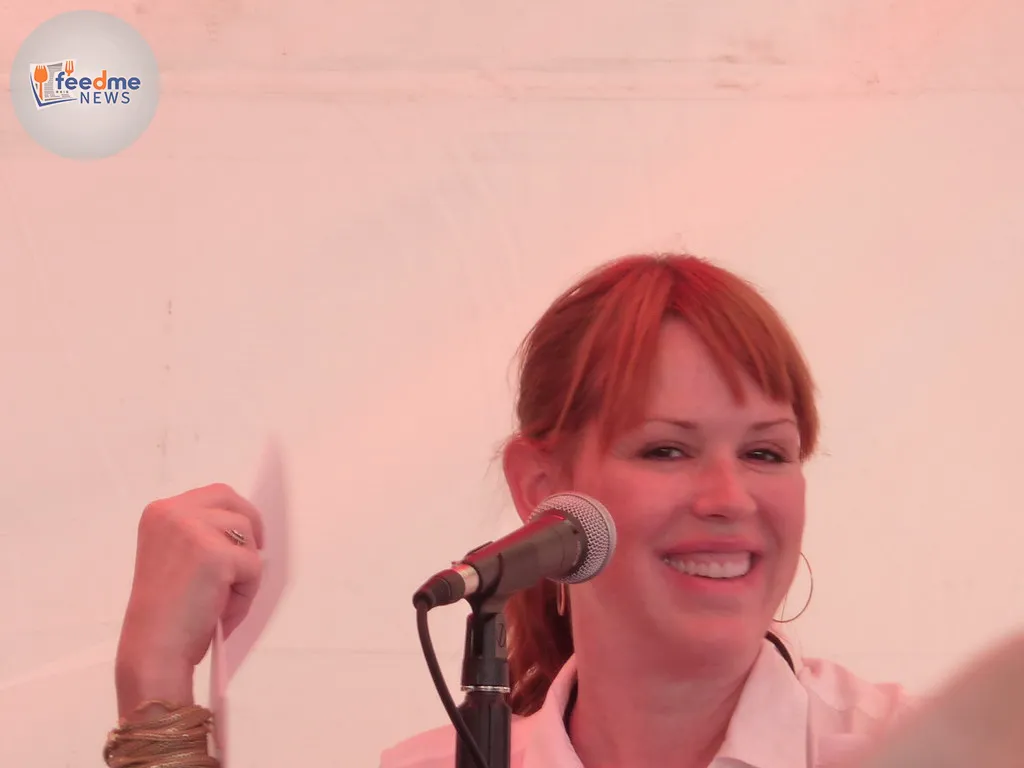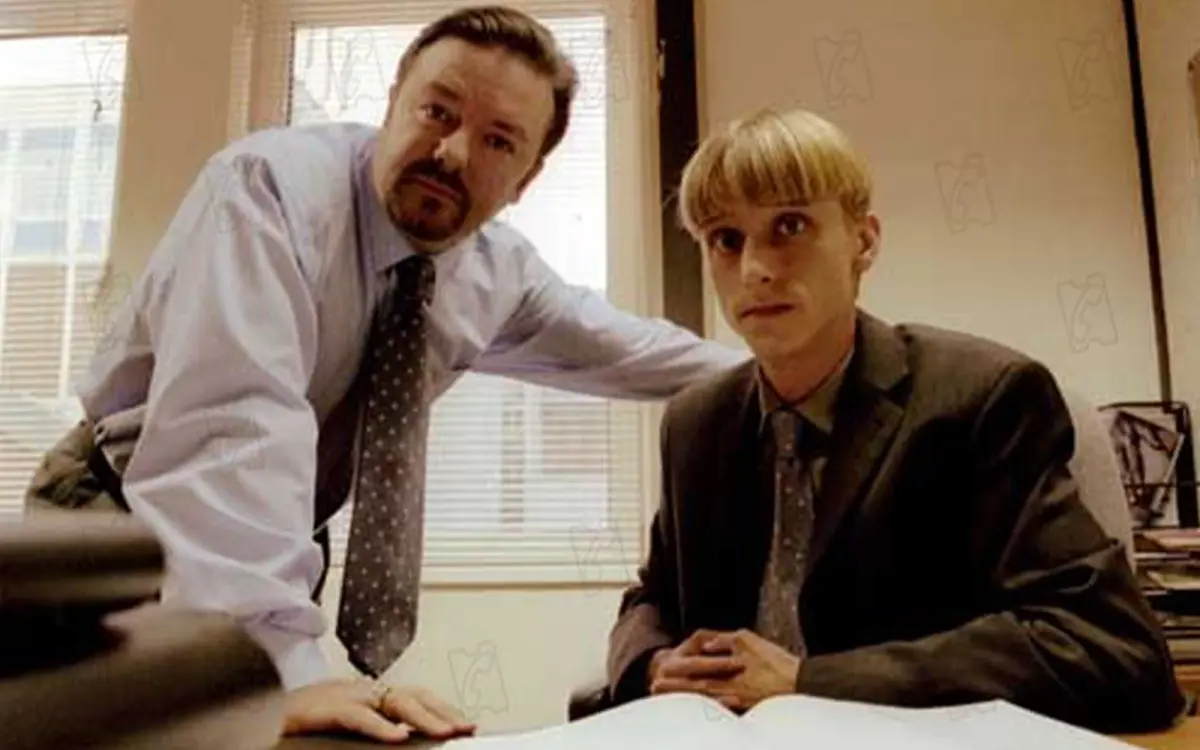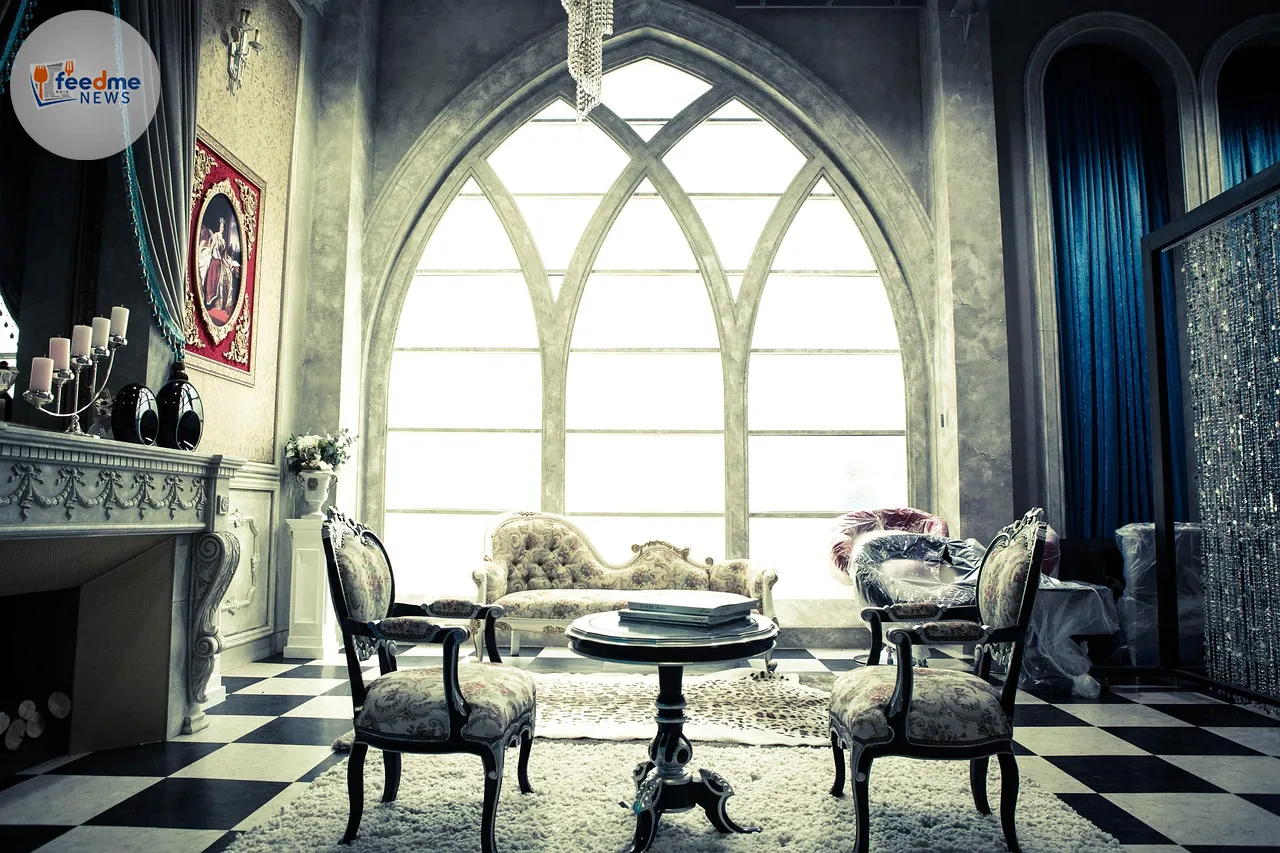Molly Ringwald, celebrated for her role as Claire Standish in the iconic 1985 film ‘The Breakfast Club’, has made her stance clear on the idea of a remake. During a much-anticipated reunion with her co-stars at the Chicago Comic & Entertainment Expo, Ringwald expressed her belief that the film should remain untouched. Her comments have sparked widespread discussion among fans and critics alike, reigniting conversations about the relevance and sanctity of classic films in today’s cinematic landscape.
The reunion took place on 18 April 2025, drawing a large crowd eager to see the stars of the beloved John Hughes film together once more. The event, held at the Chicago Comic & Entertainment Expo, served as a nostalgic trip down memory lane for many attendees. However, the discussion quickly turned to the topic of remakes, a prevalent trend in Hollywood.

The Timeless Appeal of ‘The Breakfast Club’
Since its release, ‘The Breakfast Club’ has maintained a significant cultural impact, resonating with audiences across generations. The film, which explores the lives of five high school students from different social cliques who are brought together during detention, remains a poignant commentary on teenage life and identity.
Molly Ringwald noted that part of the film’s enduring appeal lies in its authenticity and the specific cultural context of the 1980s. She argued that remaking it could dilute its original message. “I personally don’t believe in remaking something that is already perfect in its time,” she stated, highlighting concerns that a modern adaptation might not capture the same essence.
Hollywood’s Love Affair with Remakes
Remakes have become a staple in Hollywood, often seen as a way to introduce classic stories to new audiences. However, this trend has faced criticism for lacking originality and failing to honour the source material. Films like ‘The Breakfast Club’ are particularly sensitive to this criticism due to their iconic status and the profound impact they have had on popular culture.
Experts in film studies suggest that while remakes can offer fresh takes on old stories, they often risk alienating fans of the original. Professor Jane Collins, a film historian, explains, “Remakes can sometimes miss the nuances that made the original so special. With films like ‘The Breakfast Club’, which are so deeply rooted in their era, it’s challenging to translate that magic to a different time.”
Fan Reactions and Cultural Significance
The news of Ringwald’s position has elicited strong reactions from fans, many of whom agree with her sentiment. Social media platforms buzzed with discussions about the film’s legacy and the potential pitfalls of a remake. “Some things are better left untouched,” one fan tweeted, capturing the general consensus among the movie’s loyal audience.
The cultural significance of ‘The Breakfast Club’ cannot be overstated. It gave voice to the adolescent experience in a way that few films had done before, addressing themes of identity, belonging, and rebellion. These themes continue to resonate today, making the film a timeless piece of cinema.
Industry Trends and Future Considerations
The film industry is no stranger to debates about remakes and reboots. As studios increasingly look to capitalise on nostalgia, the question arises: should every classic be revisited? While some argue that remakes can bring stories to a new generation, others, like Ringwald, advocate for preserving the integrity of original works.
Looking forward, the conversation around remakes is likely to continue as audiences and filmmakers navigate the balance between innovation and tradition. As Ringwald’s comments have shown, there is a strong desire to protect the legacy of films that have shaped cultural landscapes.
In summary, Molly Ringwald’s firm opposition to a ‘The Breakfast Club’ remake underscores a broader conversation about the value of classic films and the role of remakes in modern cinema. Her stance resonates with many who view the film as a quintessential piece of 1980s culture, worthy of preservation in its original form. As the film industry evolves, the debate over remakes will undoubtedly remain a crucial part of the dialogue surrounding cinematic art.





